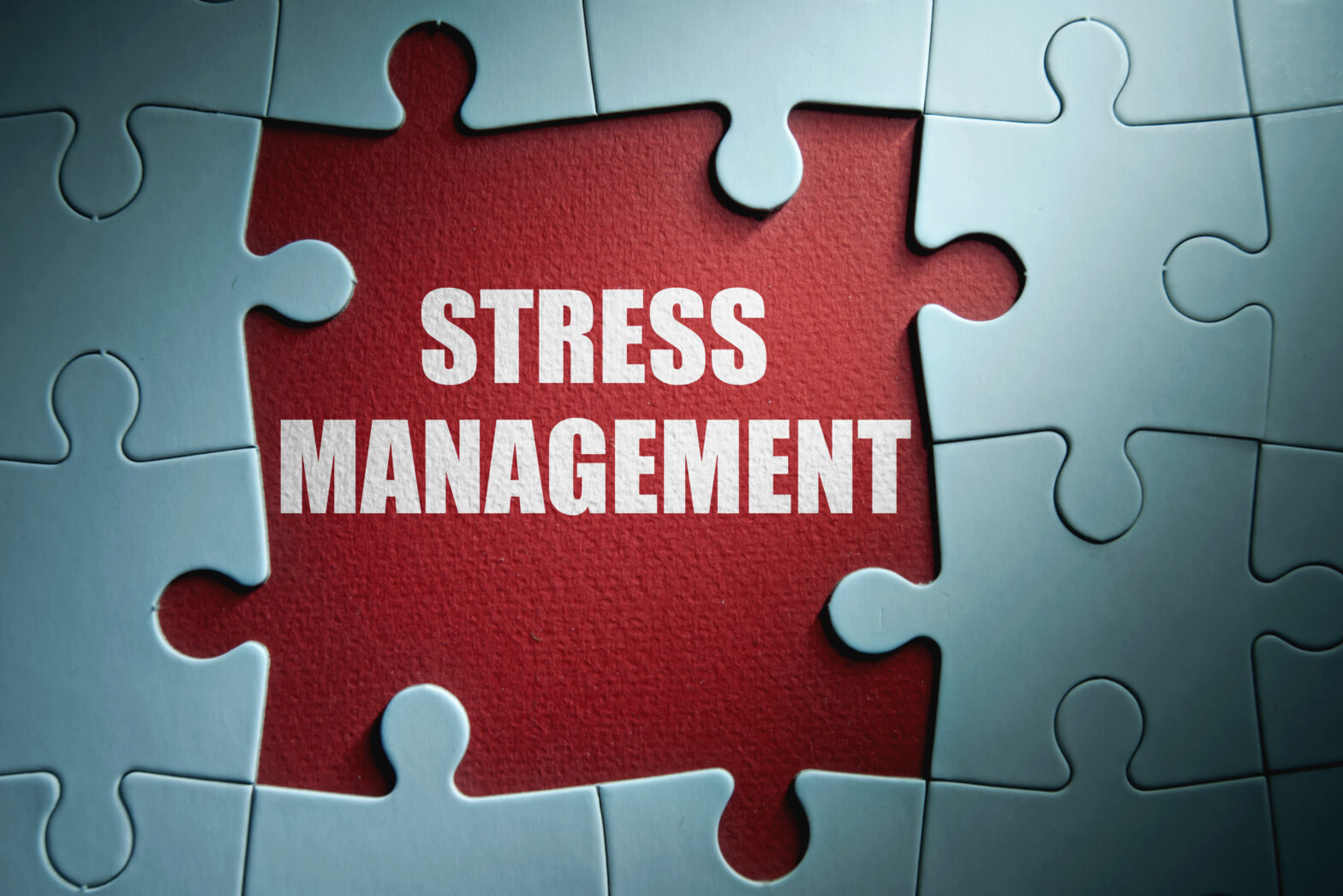In 1987, 26 year old Chip Conley decided to set up a hotel. A hotel based on a magazine.
The idea came to him when he met the concert promoter Bill Graham. Bill said he couldn’t find any decent hotels in San Francisco for his acts to stay in. They were either too expensive, too old-school or just boring.
So Chip got a copy of Rolling Stone, pulled it apart and stuck the pages up everywhere. Staring at the images, he wrote down five adjectives that for him defined Rolling Stone. Then he set to work on the business. Everything was built from those five adjectives, the location, rooms, uniforms, staff hiring, policies and processes. Even down to the staff behaviours. Every employee, even the housekeepers kept those adjectives in mind whatever they did.
A clear and simple way to keep everyone and everything focused. This five-word framework made making decisions, from big investments to everyday guest interactions, much easier. It meant everyone could get on with doing business, instead of talking about what to do and how to do it.
The hotel was a hit, but more than that Chip realised he might just have a formula. So he tried again, different location, different magazine, different set of adjectives. It worked. He used romance novels, the New Yorker Magazine, even luxury camping. By 2008 the Joie de Vivre group had 30 hotels and 18 restaurants. Not bad for a business based on a magazine.
Each of Chip’s hotels was very different and it showed. But the difference wasn’t just skin deep. It came from deep inside. His five adjectives were really values, because values are just principles that guide decisionmaking and behaviour that you value above others. Chip had just made them explicit.
Consistently acting in line with your values means that, over time, you become a different business from your competitors. The decisions add up, influencing not just how your business appears, but how it acts and the experience customers have. You become different because of what you believe, not just what you look like or the different flavour of what you sell.
When people think about differentiation and positioning, they think about marketing, the P’s of product, price, place and promotion. But all of these things are surface-level decisions and without a clear framework to base those decisions on, you’ll end up as a ‘me too’ business. Copying what others are doing to keep up, rather than focusing on what makes you unique.
Bruce Greenwald a Columbia University’s business professor, who The New York Times called ‘a guru to Wall Street’s gurus,’ sums it up nicely: ‘In the long run, everything is a toaster’ – a commodity. Everything that can be copied will, you will always have to keep changing to stay ahead, or keep up. But if those changes are based on a consistent framework, then each change adds even more value because it continues to reinforce what you’re about. After all, a brand is simply the impression people have of you in their minds, or what they say about you when you leave the room. Taking a consistent approach to that intentionally reinforces a clear position.
How don’t you find them?
Clearly articulating and defining what you believe in can be relatively straight forward. Starting with a list of generic values isn’t the way to do it, your values have to be articulated in your own words, because you need to use them in decision making conversations. If you aren’t comfortable with the words, you won’t say them. If they aren’t said they can’t be used. Having a set of values that are aspirational – what you want to be – is fine as long as they are based in reality. They have to be true to be believed, so you have to be able to point to where you’ve lived them in the past.
Just asking the question ‘what are our values?’ doesn’t work either because we’re talking about both an organisation, a collection of people, and something a set of principles that run deep, influencing everything you do. You have to dig to get them, they don’t just pop out of the metaphorical ground.
How do you find them?
Values appear at the intersection of the answers to questions like the ones below. It’s only by approaching it from different perspectives can you find what they really are, because they will be evident in all sorts of different decisions and behaviours in your business.
- ‘What does it mean to do things right here?’ (process)
- ‘What makes a person a great fit?’ (people)
- ‘What makes you proud to be part of ABC Ltd and why?’ (outcomes)
- ‘What makes you stand out from your competitors?’ (market)
These questions need to be asked of people from all levels of the business, otherwise you get a biased view that won’t be a true and accurate reflection.
This is where most organisations stop – they’ve got a word and a snappy sentence, job done. But if values are decision making tools, not wallpaper, so like a good tool they need to be sharp. This means defining what they do and don’t mean, along with a clear set of behaviours for people to enact.
But don’t forget
Values are like a pair of trainers. Just having a set won’t make you fitter and more attractive. You’ve got to actually use them day in, day out. It’s only by using them will you differentiate from the inside out.
David Willans is an independent consultant who increases growth by helping business’ focus on what matters to them.





